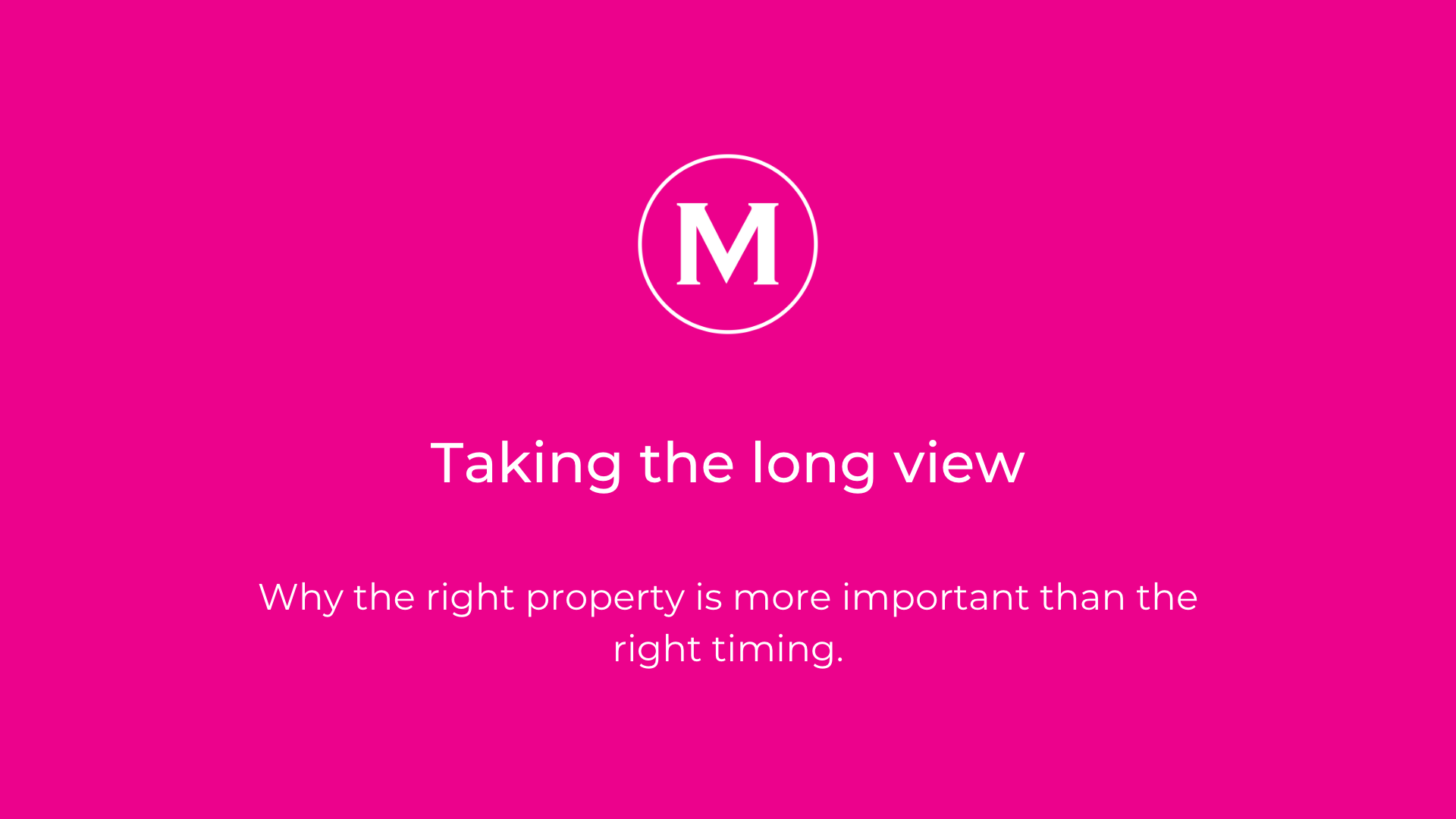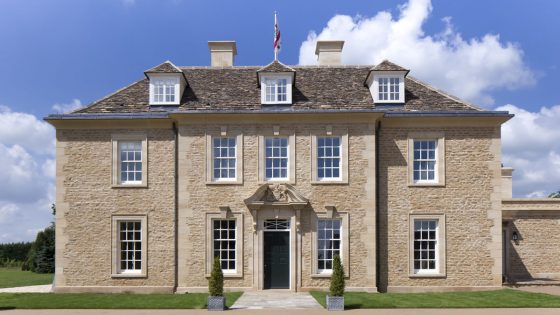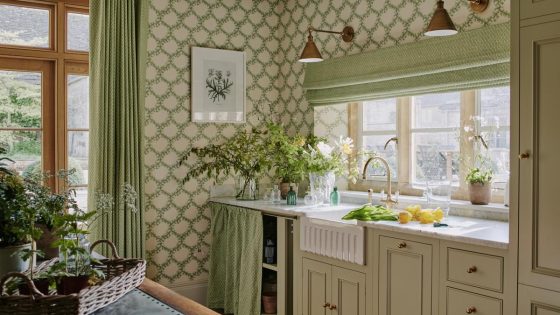Our Market Insights series investigates key trends and structural changes in UK housing markets. In this volume we consider the dilemma facing some current buyers: Is now a good time to buy? Should I wait for prices to fall more? How much might prices fall? An analysis of the last 70 years of UK housing market behaviour suggests that, for most people, such agony is unnecessary. The key findings are below:
- Homeowners occupy their homes for much longer than renters and outright owners for longer than mortgagees. At current rates of sale and current stock levels, private- sector buyers of UK housing will likely hold their asset for longer than 20 years.
- People who buy flats and terraced properties will likely own them for less time than those buying detached and semi-detached houses. This has important implications for those trading ‘up the housing ladder’, usually in younger and more- indebted groups, because the variability of house price growth is much greater when property is held for shorter periods.
- Low average annual returns and higher variance in the range of returns means ‘flipping’ properties in the UK on the basis of market movements only is a bad idea. Gains on 3-month or 12-month holds are unlikely to be sufficient to cover costs and there is more than a 1 in 8 chance of loss on a 1-year hold and 22% chance of loss on a 3-month hold.
- According to the Nationwide building society, owners of ‘the average UK home’ have seen 117% growth in its capital value over the last 20 years, despite recent price falls and a major downturn in 2008 and 2009. This equates to 3.9% per annum compounded (pac).
- Overall the possible 20- year periods in every quarter since 1952, average UK housing has grown in value by between 3.9% and 14.4% per annum compounded (pac) in nominal terms and averages (median) 8.7%.
- This is a higher average rate of growth than the FTSE All-Share Index which averages 6.8% by the same measure and has much more volatile returns, ranging between 0.1% and 17.2% over the same 20-year holding periods.
- The optimum holding period for private housing is 9 years if losses are to be avoided; as there have been no falls recorded in all of the 246 quarters since December 1952 following a 9-year hold.
- Unlike equities and other markets, average annual housing returns increase with the length of holding period, while volatility reduces.
- For those looking to hold property for 9 years or more, it is more important to buy the right property than to obsess about timing. Bear markets can offer better opportunities than bull markets for the brave to get hold of a perfect home.
- Life doesn’t stop for bear markets and there are good reasons for some owners of prime properties to sell now or in the near future as they too will then be able to take advantage of motivated sellers and lower levels of competition for the best properties.
Managing Director Mark Parkinson commented: “Our research shows that bear markets can offer a great opportunity for the brave to acquire a dream home. For those looking to hold property over the long term it is more important to buy the right property than to obsess about timing, and – whilst supply remains tight, especially in prime markets – well-advised buyers may find they stand a better chance of acquiring their perfect home in a market where there are fewer home-hunters after the same opportunity.”
Also featured in Prime Resi and Essex TV







